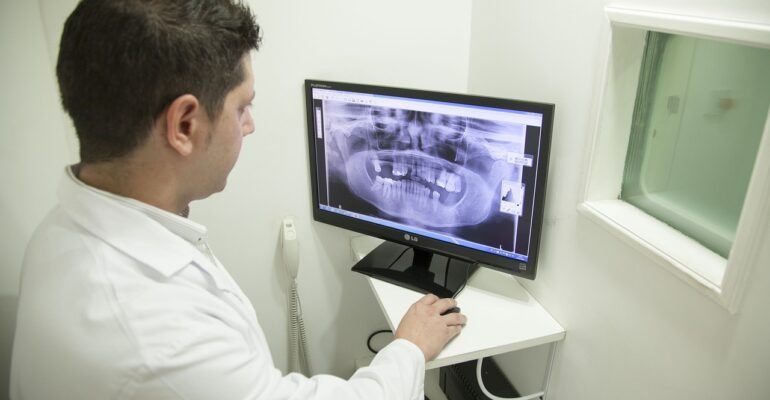In today's digital age, healthcare organizations are more vulnerable to cyber threats than ever before. With the growing reliance on technology and cloud-based data storage, the risk of data breaches has significantly increased. One of the most effective ways healthcare institutions can protect their sensitive information is by adopting ISO Certification for Health Care, an internationally recognized standard for information security management systems (ISMS). ISO 27001 provides a comprehensive framework to manage, protect, and enhance the security of patient data and other critical information.

Healthcare professionals, such as doctors, nurses, and insurance specialists, frequently rely on digital systems to store and share patient information. From medical histories to billing records, the volume of data processed is vast, and its sensitivity makes it a prime target for cyberattacks. With increasing threats like malware, phishing, ransomware, and unauthorized access, healthcare institutions are under immense pressure to safeguard their data while complying with stringent industry regulations.
In this context, ISO 27001 has become an indispensable tool for healthcare organizations. By implementing its principles, healthcare providers can establish a robust ISMS that helps mitigate the risks of data breaches while ensuring compliance with local and global privacy laws.
ISO 27001 offers a structured approach to identifying, assessing, and managing information security risks. This is particularly important in the healthcare sector, where the consequences of a data breach can be devastating, both in terms of patient trust and regulatory penalties. The key benefits of adopting ISO 27001 in healthcare include:
ISO 27001 helps healthcare organizations conduct thorough risk assessments to identify vulnerabilities and implement measures to mitigate them. This proactive approach reduces the likelihood of cyberattacks and minimizes potential damage.
Healthcare is a highly regulated industry, with laws like HIPAA in the U.S. and GDPR in Europe requiring strict data protection protocols. ISO 27001 enables healthcare organizations to align with these legal frameworks, ensuring compliance and avoiding costly fines.
The framework ensures that patient data remains secure, accurate, and accessible only to authorized personnel. By controlling access and monitoring data flow, ISO 27001 prevents unauthorized disclosures and protects patient privacy.
Patients expect their medical information to be handled with the highest level of confidentiality. By adopting ISO 27001, healthcare providers demonstrate a commitment to data security, enhancing patient trust and improving their reputation.
Implementing ISO 27001 involves several steps, beginning with a gap analysis to assess current data security practices. Healthcare organizations then develop an ISMS tailored to their specific needs, taking into account the various threats they face. This system must be regularly audited and updated to ensure its continued effectiveness.
ISO 27001 also requires a culture of security awareness within the organization. Staff must be trained on data protection protocols, and a clear chain of responsibility must be established for managing information security.
Strengthening healthcare data security is critical in the face of growing cyber threats. ISO 27001 certification offers a proven method for healthcare organizations to protect sensitive patient data, comply with regulations, and build trust with their patients. By investing in ISO 27001, healthcare providers can safeguard their data and enhance their overall security posture.






